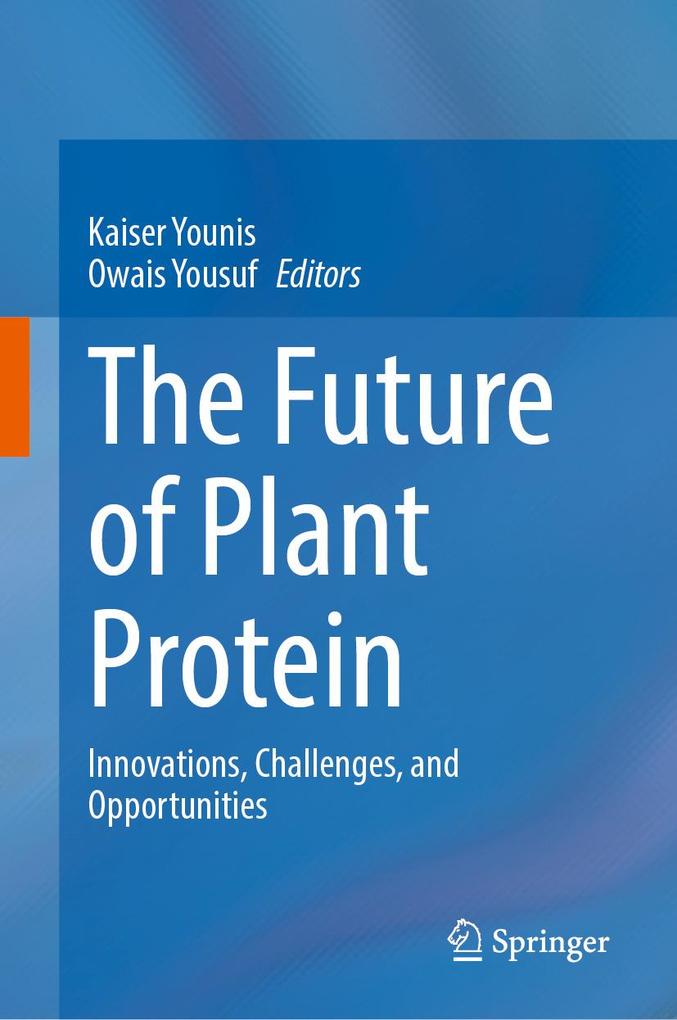
Sofort lieferbar (Download)
This book presents plant proteins as sustainable and healthy substitutes for animal proteins, highlighting innovations, challenges, and opportunities. Chapters cover emerging sources like duckweed, microalgae, quinoa, and hemp, comparing their nutritional aspects with traditional sources such as soybeans, beans, and nuts. Further chapters not only discuss the environmental impact, production methods, and potential applications of plant protein but also address barriers like consumer perception, affordability, and distribution. The book provides solutions from plant-based food companies to these challenges, tackling the rising global demand driven by population growth, income increase, urbanization, environmental awareness, health consciousness, and animal welfare concerns. Overall, it provides a summary of plant proteins, exploring their nutritional, environmental, and consumer-related aspects in the context of a shifting protein landscape.
The book is relevant forfood scientists and technologists, nutritionists, policymakers, and professionals alike providing insights into plant-based diets and the future of food.
Inhaltsverzeichnis
. - Chapter 1: Introduction To Plant Protein: Benefits and Applications
. - Chapter 2: Insights Into Nutritional Properties of Plant Proteins for Health Benefits
. - Chapter 3: Sustainability of Plant Protein
. - Chapter 4: Plant-Based Food Industry: Overview and Trends
. - Chapter 5: Biotechnology For Plant Protein Production
. - Chapter 6: Processing Technologies for Plant Protein Products
. - Chapter 7: Sensory Properties of Plant Protein Products
. - Chapter 8: Labeling Requirements for Plant Protein Sources
. - Chapter 9: Plant Protein and Human Health
. - Chapter 10:Marketing Strategies for Plant Protein Products
. - Chapter 11:Challenges and Opportunities for the Plant-Based Food Industry.
Produktdetails
Erscheinungsdatum
24. April 2025
Sprache
englisch
Seitenanzahl
293
Dateigröße
8,38 MB
Herausgegeben von
Kaiser Younis, Owais Yousuf
Verlag/Hersteller
Kopierschutz
mit Wasserzeichen versehen
Produktart
EBOOK
Dateiformat
PDF
ISBN
9789819641901
Entdecken Sie mehr
Bewertungen
0 Bewertungen
Es wurden noch keine Bewertungen abgegeben. Schreiben Sie die erste Bewertung zu "The Future of Plant Protein" und helfen Sie damit anderen bei der Kaufentscheidung.









